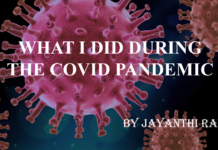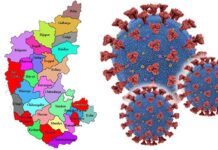News Time Now Special Story
In the 2011 American movie Contagion that has an uncanny similarity to what is happening in the world today due to the Covid-19 pandemic, a substantial reel time is on how major companies and universities race to produce a vaccine because that is where they see a billion-dollar business emerging.
In the thriller film directed by Steven Soderbergh, companies with deep pockets, win the race, pushing aside all the small and fringe players.
And that is what is happening today.
Pune-based Serum Institute, the world’s largest vaccine maker, the Serum Institute, has partnered with researchers from the University of Oxford, to test and mass-produce a vaccine against Covid.
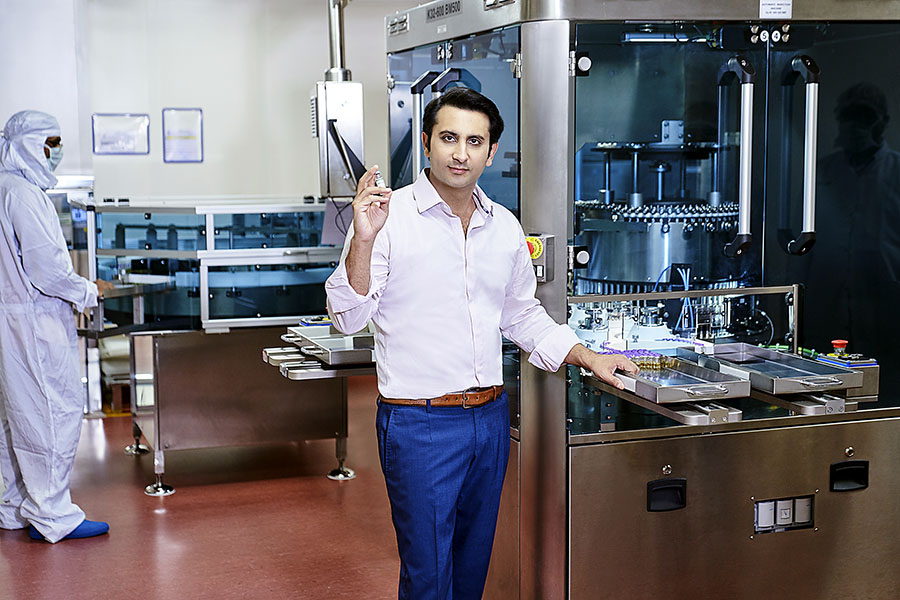
And the Institute is owned and steered by only two men: Adar Poonawalla and his father, Cyrus, a horse breeder who became a billionaire.
Though the vaccine is only in the clinical trial stage and may not even work, the Institute has taken the risk of a tie-up, the financial details of which are not available as yet.
Oxford University is also interested because India has the numbers for testing and a booming market should the vaccine work.
Let’s take the numbers in India alone. If ONLY the vulnerable groups are to be the first beneficiaries of the vaccine, a massive 40 crore people will need the vaccine. That is 30% of India’s population!
This will lead to a scramble and health experts say that the government is acting lead-footed in putting a proper distribution plan in place. Of course, if the vaccine works.
Health Secretary Rajesh Bhushan recently told the press that the distribution policy was “Under deliberations.” Typical governmental response.
The vulnerable group includes health care workers, non-medical frontline Covid warriors and vulnerable sections in the population.
And then there is the rest of the 70% of India’s burgeoning population.
Poonawalla, the chief executive of Serum, will have on hand what is everyone’s dream — a vaccine and the money, both in huge quantities — before anyone else.
The company has already announced that it plans to mass-produce hundreds of millions of doses of the vaccine, which is still in clinical trials, according to The New York Times.
Poonawalla has been quoted saying that he will split the vaccine doses he produces 50-50 between India and the rest of the world, with a focus on poorer countries.
READ | Oxford University Coronavirus Vaccine Shows Promise, But Long Way to Go
Poonawalla knows the risks involved, but then all successful ventures know when and how much to stick their neck out for huge bowls of hard cash. For one, vaccines take time not just to perfect but to manufacture. More than one project is conducting these two processes simultaneously and starting production now, while the vaccines are still in trials. That way, if and when a vaccine is approved — at best within the next six months, though no one really knows — doses will be on hand, the NYT said.
Also in the race is Hyderabad-based Bharat Biotech which is reportedly developing an indigenous against Covid. The USP of the company is to mass-produce vaccines at a very low cost, banking on volumes.
Bharat Biotech shot to fame with the $1 rotavirus vaccine — Rotavac – which went on to become its crowning glory. The company has a diverse repertoire that includes BioHib, India’s only indigenously developed influenza vaccine. In about two-and-a-half decades, the company made a name for itself as a manufacturer and international supplier of low-cost vaccines, all while keeping a low profile.
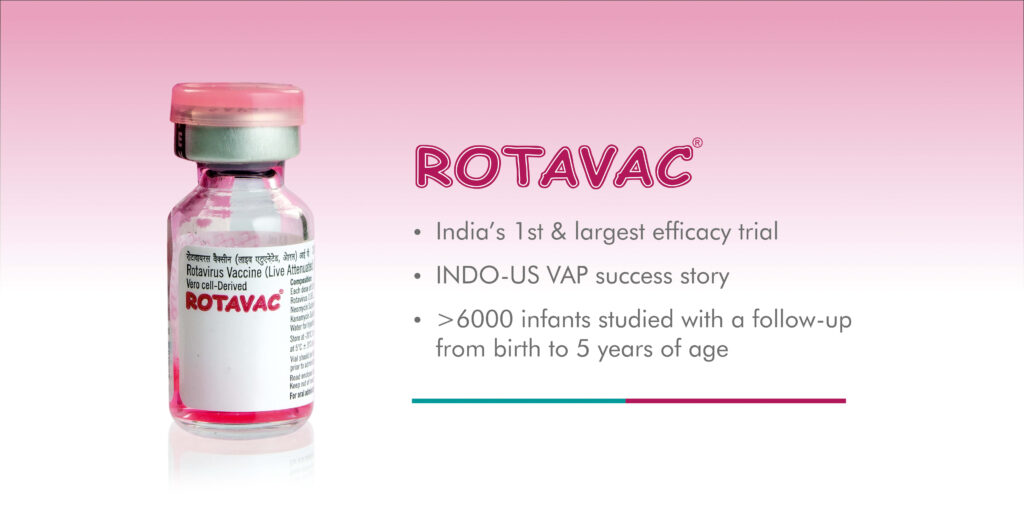
Even Poonawalla maintains a low profile. He was recently quoted as saying a lot of people in India didn’t even know “what the hell” he was into. “They thought, ‘Oh, you do something with horses or something, you must be making money’,” he added. Poonawalla acknowledged his family was better known for “being seen in some fancy car or jet”, than making vaccines.
It will be interesting to see who wins in India – Poonawalla or Dr Krishna Ella founded Bharat Biotech. Both have promised a highly cost-effective vaccine.
Globally too the race for big bucks is on. The US and European governments have sealed billions of dollars in deals with pharmaceutical giants like Johnson & Johnson, Pfizer, Sanofi and AstraZeneca to speed up the development and production of select vaccine candidates in exchange for hundreds of millions of doses.
Whoever said there is no money in a tragedy? Coming back to the movie Contagion, the storyline is about the spread of a virus transmitted from Hong Kong (not China!) by respiratory droplets and fomites, attempts by medical researchers and public health officials to identify and contain the disease through social distancing, economic loss and the loss of social order in a pandemic. It ends with the introduction of a vaccine by giant pharma companies to halt its spread. In the process, smaller players get pushed aside.
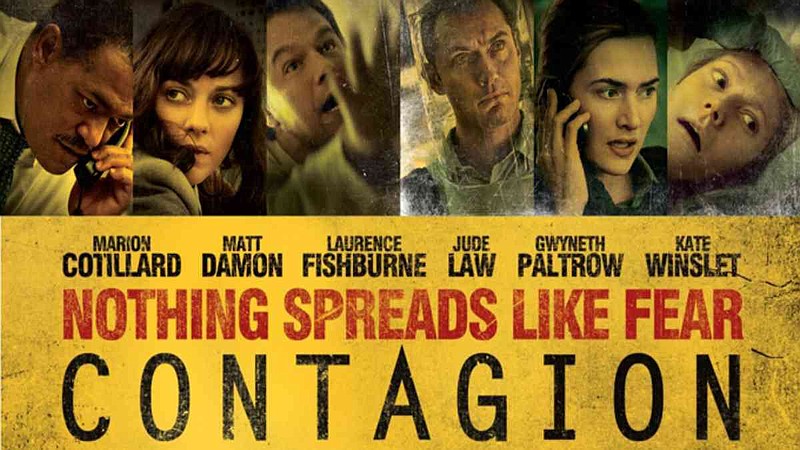
Contagion was praised by critics and well-received by scientists, who lauded its accuracy. There is now a sense of déjà vu as COVID is using the reel script to devastate lives and the economies worldwide.


































